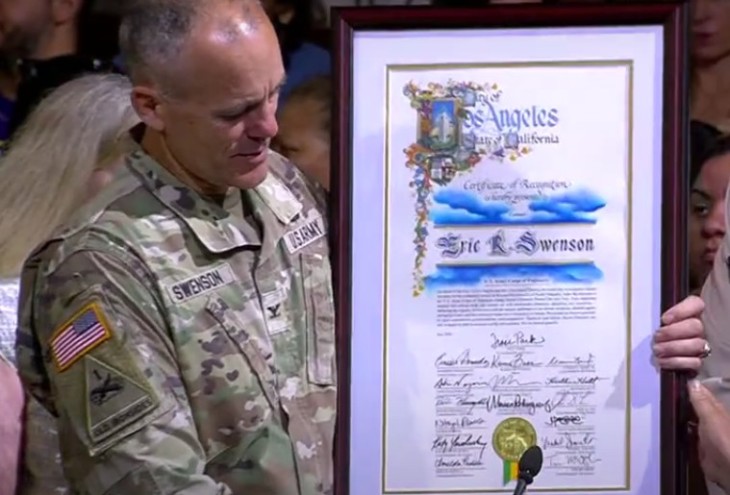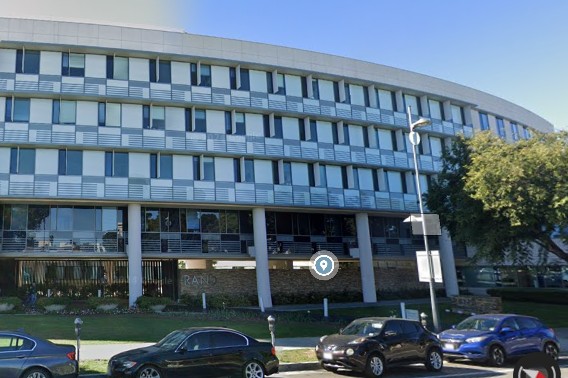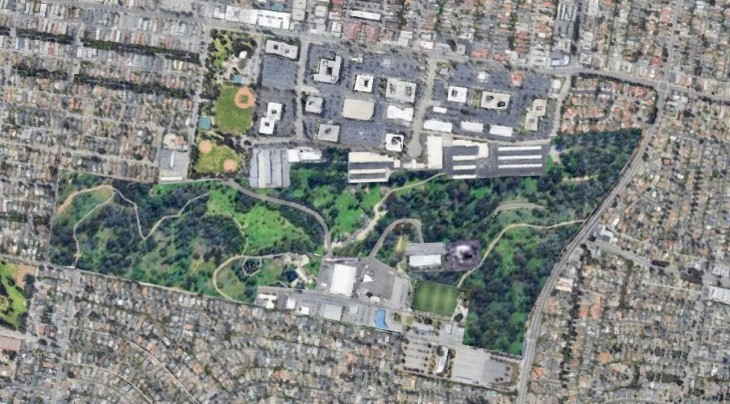By this point you’ve ingested enough Steve Jobs paeans that I’m able to shift right into an area that might not be getting as much coverage as the American visionary stuff which is that Apple products are manufactured in other countries, fabricated from Asian parts, and that there continues to be questions about the work conditions in some of the plants involved. Understand that in the year 2011 that’s far from an indictment. It could almost be part of a paragraph in the annual report of many American companies. And users might not be bumped by that. On one blog I visited while researching for this column, a user commented, “I wouldn’t want personal electronics that didn’t have Chinese components.”
But can I ask if there is a point to be made about the fact that Apple’s astonishing success was built on offshore labor that indisputably was cheaper than any situation Apple might have established by fabricating in the United States? I’m asking the question with full cognizance of such things as the number of offshore-manufactured components in American cars or the fact that every computer on earth, including the one I’m using right now to type this piece, contains Asian-built elements even if it’s been “assembled in the United States.”
Last week two commentators on BBC America extolled Jobs, one stating categorically Jobs by way of Apple gave “an amazing gift to the world.” The other cited how Apple products were vital in helping people “unleash creativity.” I don’t think there’s an argument over the user benefits of Apple products. But if there was superior creative genius at work in the design of Apple products, is it fair to at least wonder aloud why that same creativity was never brought to bear on considering what the impact of keeping those manufacturing jobs in the United States might have been on the beautiful sleek future Apple was advancing?
Could Apple’s John Lennon image and music-deploying “revolution” have included a real revolution by Apple having committed to building their products in the U.S. with American workers? Many, especially that blog guy I cited at the top, would tell you that would have been impossible. The quality of the electronics would not have been the same, at least in the early going. The costs involved would likely have been prohibitive to the point of making the creative visionary Apple dream impossible. The retraining of workers, the building of plants, the new orientation to American electronic components… all of that would have been truly visionary and at least as impressive as sending a picture of your dog to a friend with your telephone. But we loved Steve Jobs for more than his cool designs. We loved what he was able to do for our Apple stock.
So then, is there anything even slightly morally ambiguous about the operations in those offshore factories? I can’t personally confirm that, and so that must be my answer. I can, however, guide you to the much-discussed work of writer and performance artist Mike Daisey.
Thirty-eight-year-old Daisey’s one-man show, “The Agony and the Ecstasy of Steve Jobs,” described as “a critical portrait of the personal-computer guru”, launches on Oct. 11 at the Public Theater in New York. Daisey has spent a good deal of time obsessing on both Jobs and Apple products. So much so that he travelled to China and posed as a rich U.S. industrialist so that he would gain access to the manufacturing plants that make Apple products. From an online interview on the site of the New York Daily News, Daisey describes his disappointment which is part of his stage show. “I interviewed people who are children, 13-15 years old. I interviewed people whose joints of their hands are disintegrating from doing the same repeated motion over and over again. No one in China at these factories and no one on the corporate side from America, not Apple, not Nokia, not Dell, not any of these companies that use all their outsourcing to China implement anything like humane standards.”
None of this is late-breaking news, and Apple is on record for having looked into things. Contributor Steve Denning recently wrote in Forbes about Foxconn, the Taiwan based “world’s largest manufacturer of electronic components” that fabricates for Apple. In the piece Denning says, “Allegations of employee mistreatment at Foxconn have been frequent over the last five years. Grueling working days, lack of working relationships at the company and abusive employment practices are frequently cited. In 2006, Apple conducted an audit and found that Foxconn was “compliant” in “the majority of areas” although the audit did substantiate some allegations. A rash of employee suicides in 2010, followed by Foxconn’s decision to place 1.5 million square meters of netting around its buildings to prevent further suicides have prompted renewed concerns.”
In fact and in theory, none of this takes from Jobs amazing career. All it does is shift the focus to the question of exactly where wonderful future devices come from at a moment of celebrating those devices. Because they don’t, in fact, come from facilities that are as wonderful and sleek and fun as the devices themselves. And even if a greater amount of what Daisey calls “humane standards” were to be applied, those facilities would still be in other countries. And we would still have the economic and unemployment problems we’re having. From 1997 to 2002 Apple’s ad slogan was “Think Different.” Steve Jobs certainly did that. But perhaps to get America back to work and to have a more complete picture of the impact manufacturing exciting new devices can have, companies will need to “Really Think Different.”


























